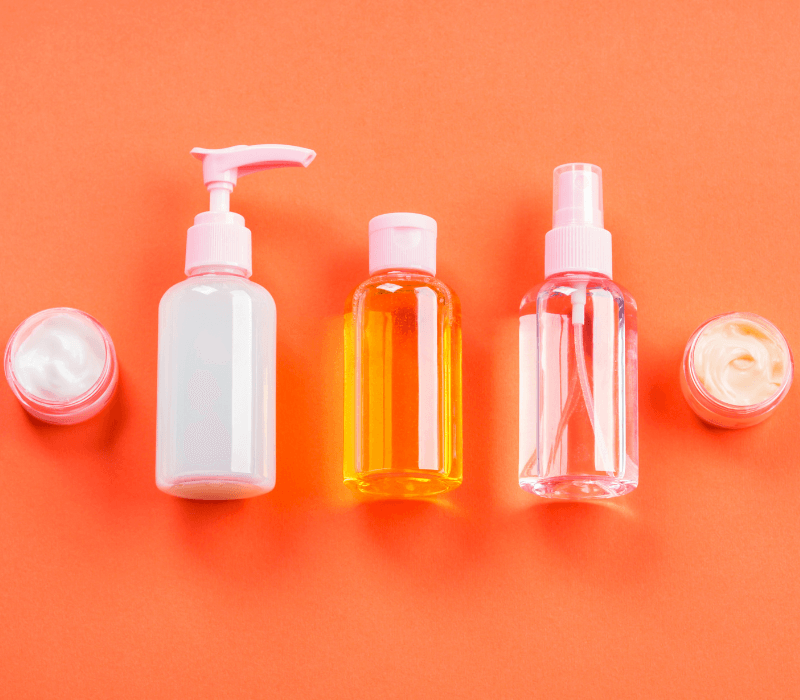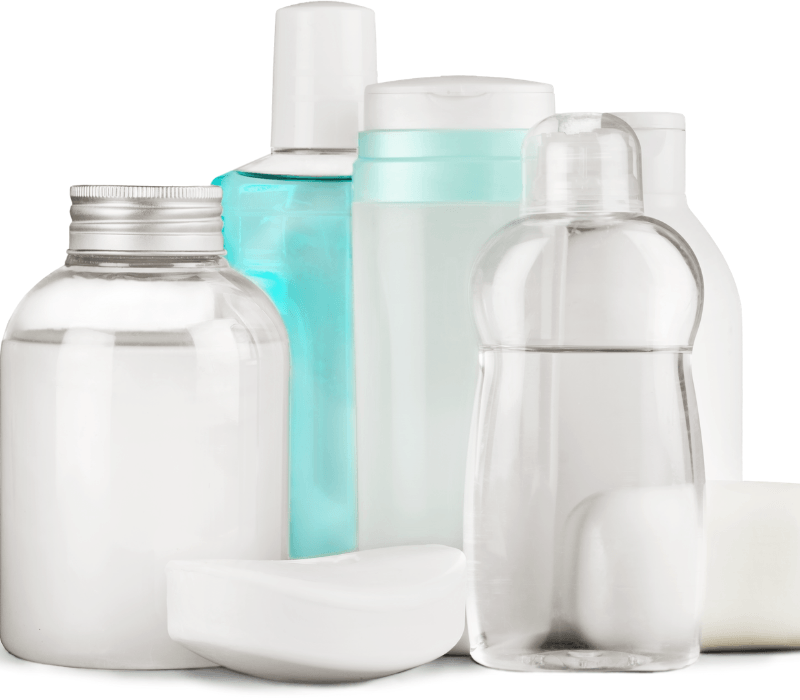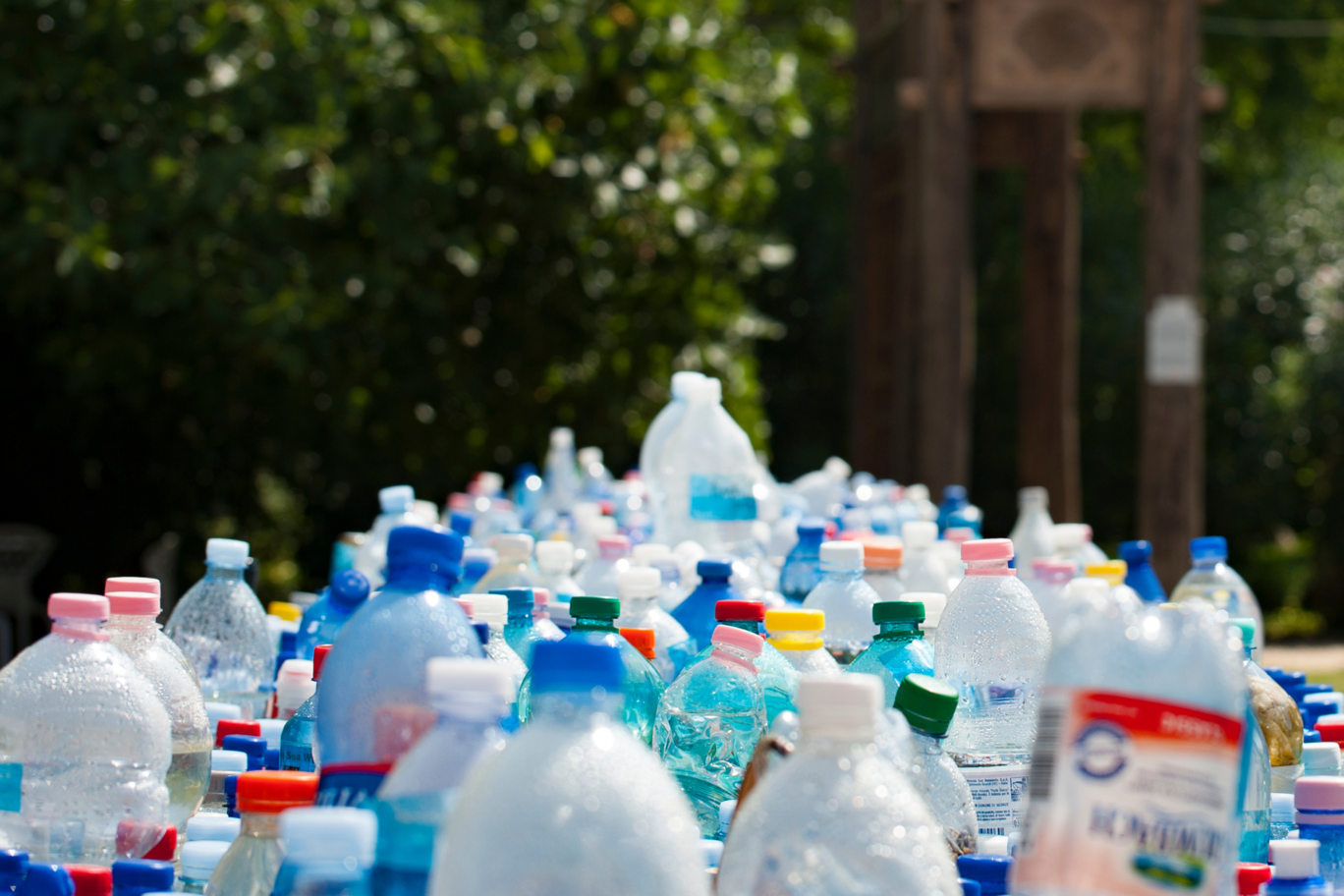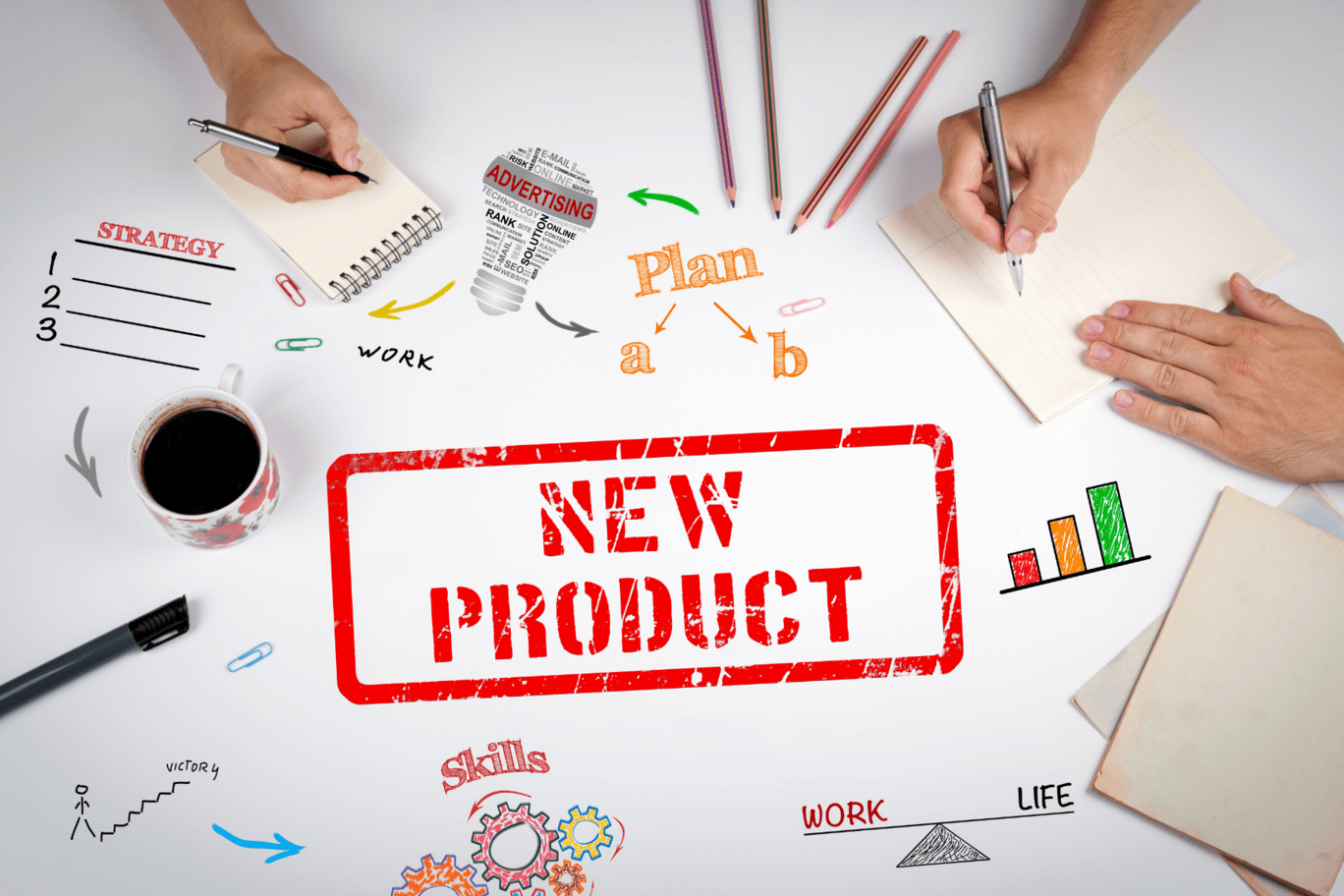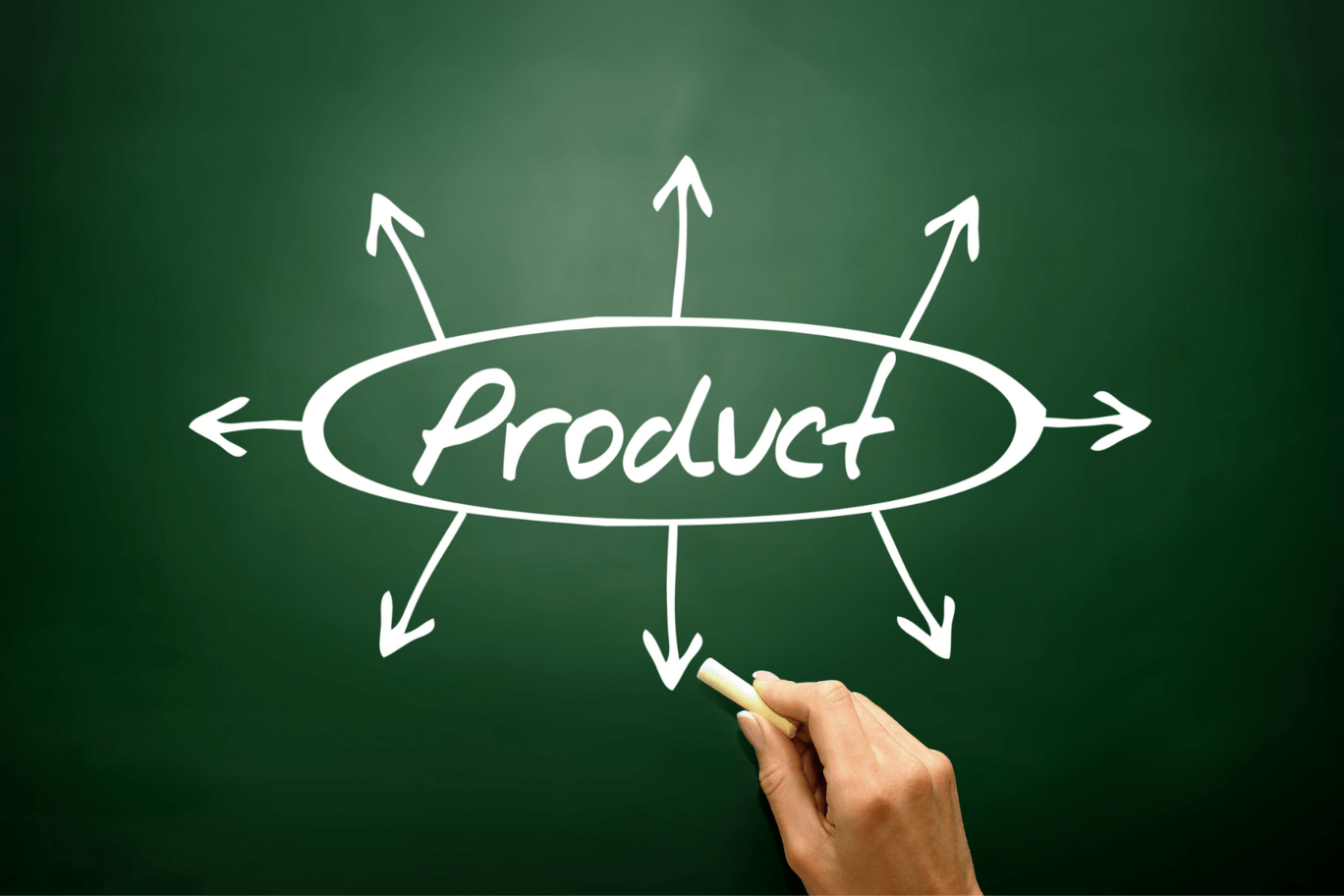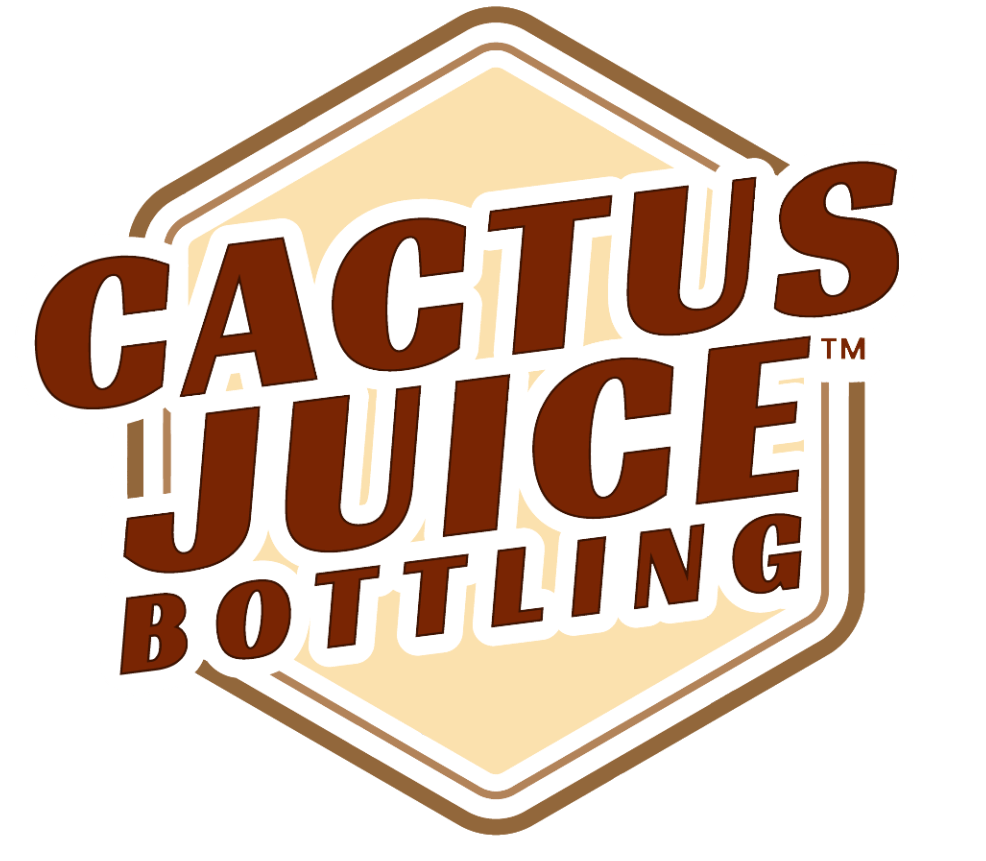What Is Private Label
Private label products have been around for decades, but consumers are just now starting to learn what they are and why they’re so readily available. As these types of products continue to gain popularity all over the world, it’s becoming clear they aren’t going anywhere anytime soon.
You’ve seen them at Costco under the Kirkland Signature brand, and also at Amazon under the AmazonBasics brand. They’re even at Whole Foods under the 365 Everyday brand, WalMart under the Great Value brand, and Target under the Up & Up brand. They’re everywhere.
On the surface, private label products look like they’re a unique product owned by an outside company that sells their product in-store at various retailers. In reality, they’re products owned and sold by that specific retailer. In fact, you can’t find these brands anywhere else.
Many consumers get confused when they try to understand the true meaning behind a private label product, but don’t worry. It’s an extremely easy concept to understand and we’re going to break it all down for you below -- including examples, pros and cons, and how to get started.
So, what is a private label product?
A private label product is nothing more than a product that’s manufactured by one company, but owned and sold by another company. The manufacturer already has the product and the means to make it -- they just fit it with another company’s brand, label, and eventually price.
Let’s use Kirkland Signature as an example. It’s a well-known brand that many consumers trust with their groceries, household items, clothes, and much more. The brand is exclusively-owned and sold by Costco, but they don’t manufacture a single product found inside the brand.
Instead, Costco pays a third-party company to do the manufacturing for them. It’s a win-win situation for both Costco and the manufacturer. For Costco, they get to offer consumers an exclusive brand with minimal effort. For the manufacturer, they receive higher sales and profits.
Private Label Products Your Brand Should Consider
One of the beautiful things about private label products is the possibilities are endless. Private label manufacturers are capable of producing any and every product you can think of, allowing you to expand your current offerings well beyond what you ever imagined.
Here are just some of the major product categories you can consider selling under your own private label:
- Makeup and cosmetics
- Water bottles and beverages
- Sunscreen and hand sanitizer
- Creams, oils, ointments, and lotions
- Toothpaste and deodorant
- Household items and cleaning goods
- Various different beer and wine products
- Anything that doesn’t include hazardous materials
While the possibilities are endless, retailers must be careful when starting a private label brand. There’s a lot of competition and you need to have a firm understanding of your consumer base. The last thing you want is to fill the shelves with your product, but not have anyone purchase it.
Pros and Cons With Private Label Products
The private label market continues to grow every single year as more retailers around the world open their doors to this type of product. In fact, many retailers are seeing consumers choose private label products, also known as store brands, over the rest of their competition.
Let’s take a look at some of the most prominent benefits and advantages of private label products:
- Expand your current offerings, as far as products go.
- Limited time and energy needed, since your private labeler does all the work.
- No overhead needed, since you can get started without the means.
- Control over pricing and labeling of the product.
- Make your company more well-known and trusted by consumers.
- Higher profit margins once the products hit the shelves.
- You can make your product less expensive than competitors.
As popular as private label products are, they aren’t perfect and there are some growing pains that come with it. Let’s take a look at some of the most prominent downfalls and shortcomings of owning a private label product or brand:
- Since products are already made, not a lot of control over quality.
- Going to face a lot of competition in today’s market.
- Your supply is dependent on the production facility and manufacturer.
- Can’t return the product once you buy it, leaving a bit of risk involved.
- Most manufacturers require minimum orders for private label goods.
When done correctly, a private label product can seriously increase your profit margins and overall sales immediately. Of course, the key word here is ‘correctly,’ especially since there are a wide range of ways things can go wrong. As long as you know your customers, you’ll be fine.
How to Find the Right Private Label Manufacturer
As the private label market continues to grow, so do the number of private label manufacturers willing to send you private label products. While that’s good news for plenty of retailers, it still requires a level of diligence when finding the right private label manufacturer for your business.
Don’t worry, we have some tips for you:
- Find a product that you feel comfortable with, especially when it comes to product quality.
- Make sure the manufacturer can handle your volume and demand.
- Find a private labeler that can scale their manufacturing to fit your growing needs.
- Your private label manufacturer should provide excellent customer support.
- Ideally, your private labeler will have years and even decades of experience.
- Find a manufacturer that knows your market and understands your customer’s needs.
- Your private labeler should be able to help with labeling and bottling as well.
- Pricing is extremely important when choosing a private labeler, so make sure they fit in your budget.
- Without solid communication, you can experience a wide range of issues throughout the process -- so make sure they keep in constant contact.
Are you interested in expanding your offerings to compete with national brands and brand name products? Well, you’ve come to the right place. Cactus Juice Bottling has the means to take care of all your private labeling needs. Contact us today to learn more about our services!
You might also like
Book a Service Today
We will get back to you as soon as possible
Please try again later
Looking for a FREE Estimate?
Fill out our form to receive your quote via email
All Rights Reserved | Cactus Juice Bottling | Privacy Policy | Terms of Service | Website & SEO By Iron Oak Marketing

